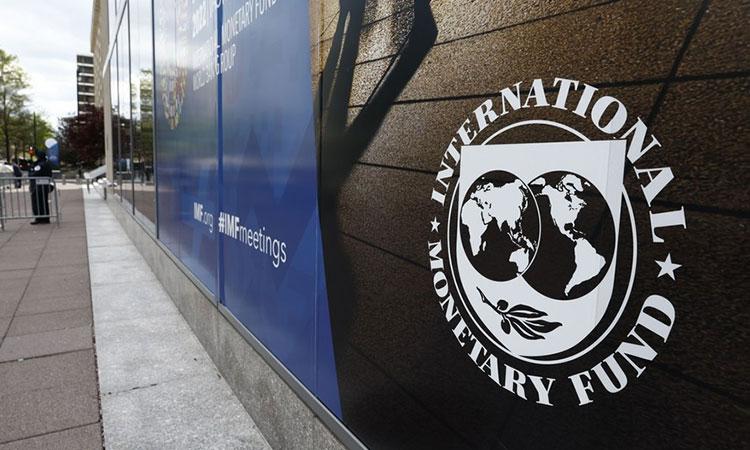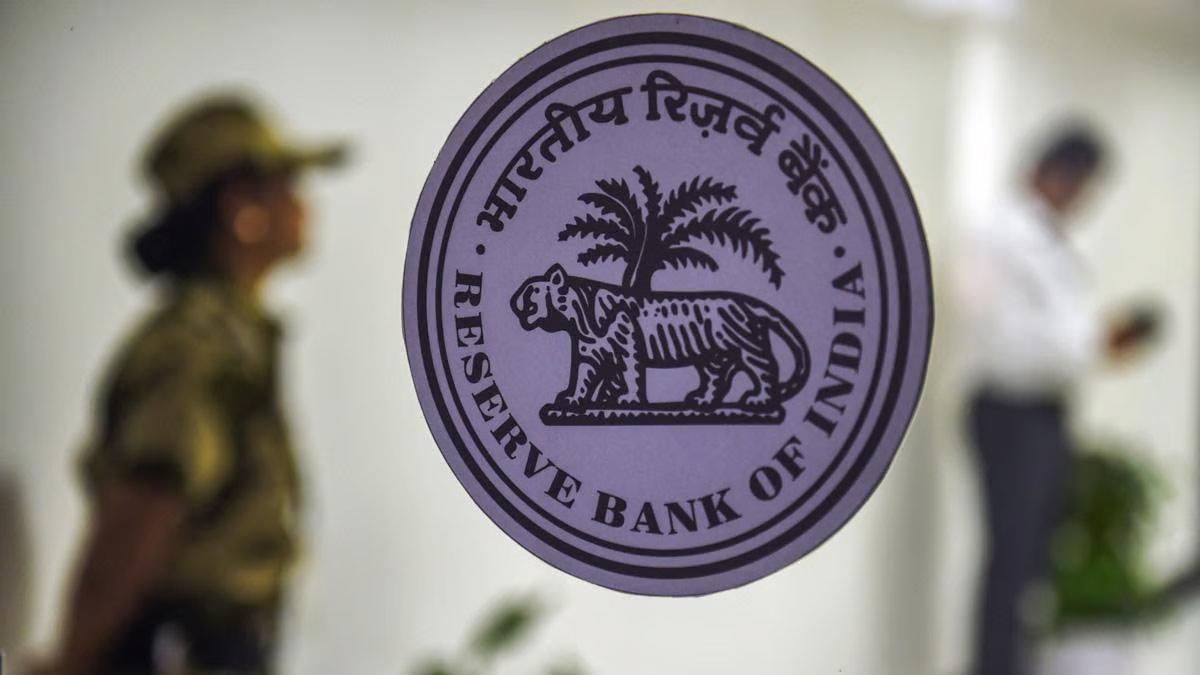Interest rates in major economies are expected to fall to pre-pandemic levels because of low productivity and ageing populations, according to a forecast, BBC reported.
The International Monetary Fund (IMF) said increases in borrowing costs are likely to be "temporary" once high inflation is brought under control.
The Bank of England has been raising interest rates since December 2021, taking them from 0.1 per cent to 4.25 per cent.
This has raised mortgage payments for many homeowners.
Central banks in the UK, the US, Europe and other nations have been lifting interest rates to combat the rate of price rise, otherwise known as inflation, BBC reported.
Also read | Global economy heading for weakest period of growth since 1990: IMF chief
In the UK, inflation is at its highest for nearly 40 years because of rising energy prices and soaring food costs. A number of factors are fuelling inflation, including Russia's invasion of Ukraine which has helped drive up energy costs.
However, in a blog the IMF said that "recent increases in real interest rates are likely to be temporary".
It added: "When inflation is brought back under control, advanced economies' central banks are likely to ease monetary policy and bring real interest rates back towards pre-pandemic levels."
The IMF did not say, however, exactly when interest rates were set to fall back to lower levels, BBC reported.
Also read | Pakistan to raise policy rate by 2% under IMF pressure
The Washington-based financial institution said ageing populations would be one factor likely to lower inflation.
Explaining why older people affect inflation, George Godber, fund manager at Polar Capital, said that they tend to spend less.
"The amount that you spend relative to your income is highest when you're in your 20s, 30s and 40s - often that's maybe young families, when you've got households forming, you've got couples coming together, they tend to spend the most when they decorate and buy a car or whatever, and you as you get older in life you slow down your consumption," he told the BBC.


















